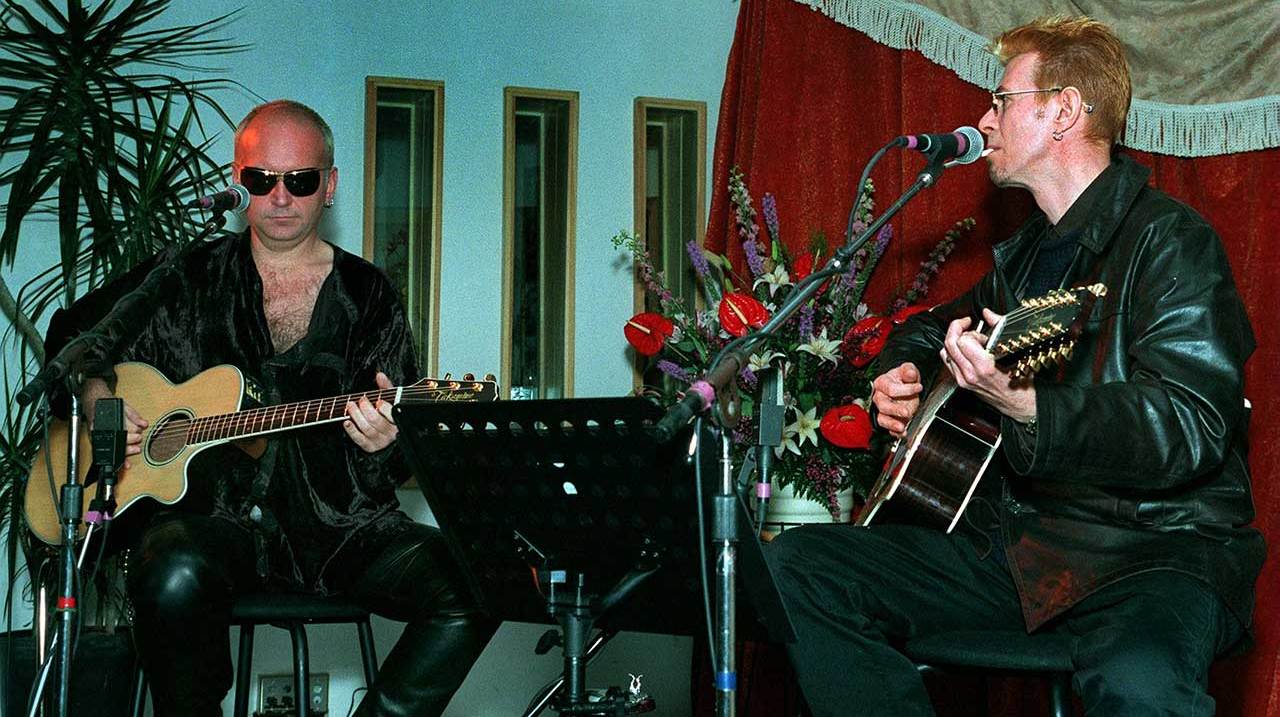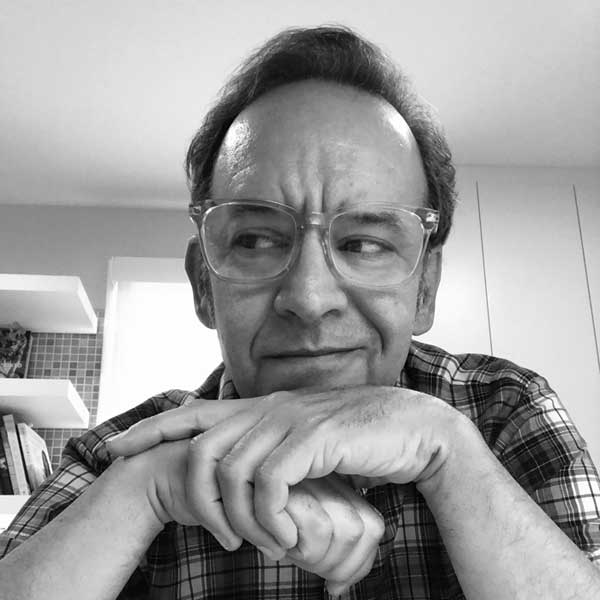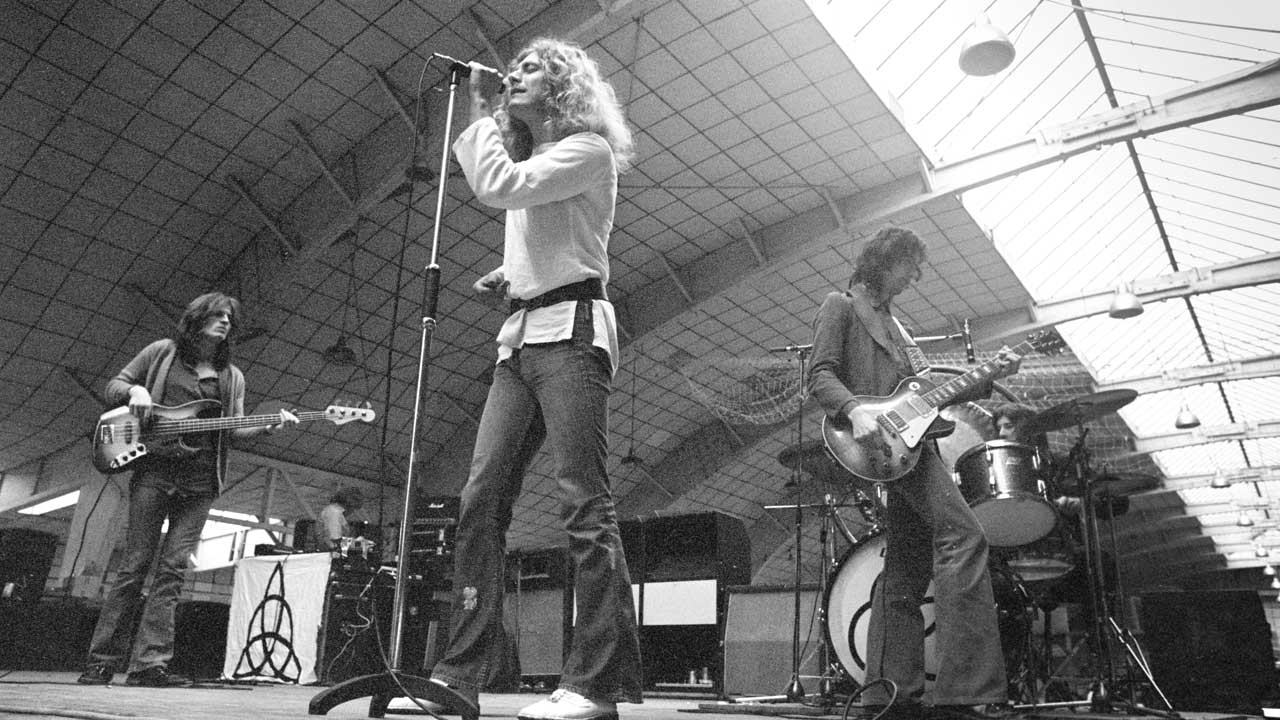David Bowie's Earthling: Where Led Zeppelin meets Won't Get Fooled Again
David Bowie's Earthling album was hybrid before hybrid was cool. Its featured guitarist was Reeves Gabrels, a member of Tin Machine and current axeman for The Cure

Select the newsletters you’d like to receive. Then, add your email to sign up.
You are now subscribed
Your newsletter sign-up was successful
Want to add more newsletters?

Every Friday
Louder
Louder’s weekly newsletter is jam-packed with the team’s personal highlights from the last seven days, including features, breaking news, reviews and tons of juicy exclusives from the world of alternative music.

Every Friday
Classic Rock
The Classic Rock newsletter is an essential read for the discerning rock fan. Every week we bring you the news, reviews and the very best features and interviews from our extensive archive. Written by rock fans for rock fans.

Every Friday
Metal Hammer
For the last four decades Metal Hammer has been the world’s greatest metal magazine. Created by metalheads for metalheads, ‘Hammer takes you behind the scenes, closer to the action, and nearer to the bands that you love the most.

Every Friday
Prog
The Prog newsletter brings you the very best of Prog Magazine and our website, every Friday. We'll deliver you the very latest news from the Prog universe, informative features and archive material from Prog’s impressive vault.
In issue 247 of Classic Rock we celebrate the greatest albums of the nineties, the decade where grunge exploded, metal got inventive, and Britrock’s green shoots showed there was plenty to celebrate this side of the Atlantic. And, in 1997, David Bowie returned to form.
The Prius of rock, Bowie was doing hybrid before hybrid was cool. As with much of his best work, Earthling juxtaposes seemingly non-related elements – aggressive guitar work and electronica. It’s fused together melodies worthy of his 70s heyday, especially on singles Little Wonder and Telling Lies. Bowie described Earthling as a “textural diary” of how it felt to be living in the last years of the millennium. And as usual it was also an accurate prediction of the future.
Below, Bowie guitarist Reeves Gabrels revisits the album.
As well as playing guitar on the album, you were Bowie’s co-producer and co-writer on Earthling. What was the aim with that record?
There was talk that the album was jumping on the drum’n’bass bandwagon, but it’s more influenced by what came to be called electronica. David loved [electronic artists] Photek and Tricky. Those influences were in the air at the time. I never told David this, but in my head I was thinking more of Won’t Get Fooled Again – the muscular rock band with sequential information.
How did the songwriting collaboration work between the two of you?
We were both into collages. I had gotten into Pro Tools [sound recording and production software], sampling – which now seem like ancient technology. So I’d create these electronic sequences, we’d dump them into the computer, sit in the studio with our little travel guitars, and play and sing against the backing track. The other thing, both of us were art-school kids, so we loved the Burroughs cut-up method. Lyrically, David had been doing it by hand for years. And then a friend came up with a Mac program called the Verbasizer. All you had to do was put in a paragraph and it would shuffle it up. So ‘It will end in tears’ might come out as ‘It will end in chrome’ [laughs].
Sign up below to get the latest from Classic Rock, plus exclusive special offers, direct to your inbox!
- Reeves Gabrels – The 10 Records That Changed My Life
- The true story behind David Bowie's gothic horror movie The Hunger
- Why Buffalo Tom's Let Me Come Over was one of the best albums of the 90s
Doesn’t the track Dead Man Walking have a connection to Led Zeppelin?
David said that back in the sixties, Jimmy Page had shown that main riff to him. Jimmy said: “I’ve got this riff and I can’t do anything with it. Do you want it?” It does sound fairly Page-y, like a mutated Johnny Burnette Trio thing. On the Earthling tour, the band reinvented some of Bowie’s old hits. He hated playing things just like the record. He had the temperament and curiosity of a true musician. And he viewed music as art. In the thirteen years I was with him, he only gave me two comments. One: “Turn up.” And two: “Why are you playing parts so close to the record?” He wanted me to dress songs up in the clothes we’re wearing now.
What’s your opinion of Earthling today?
It’s my favourite record I did with David. We did have a sense while we were doing it that we were making something we hadn’t heard. And that was always pretty much key to most of my time with David, the fundamental manifesto – do something new that captured the zeitgeist of the time.
Bill DeMain is a correspondent for BBC Glasgow, a regular contributor to MOJO, Classic Rock and Mental Floss, and the author of six books, including the best-selling Sgt. Pepper At 50. He is also an acclaimed musician and songwriter who's written for artists including Marshall Crenshaw, Teddy Thompson and Kim Richey. His songs have appeared in TV shows such as Private Practice and Sons of Anarchy. In 2013, he started Walkin' Nashville, a music history tour that's been the #1 rated activity on Trip Advisor. An avid bird-watcher, he also makes bird cards and prints.

